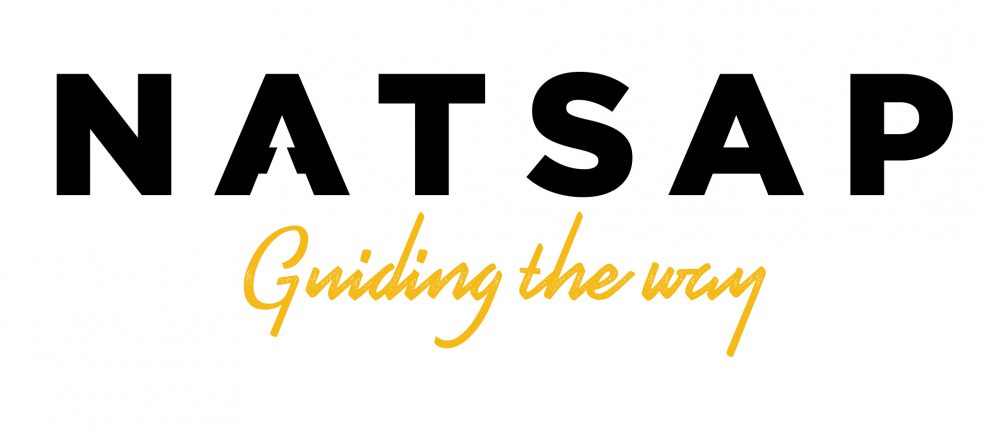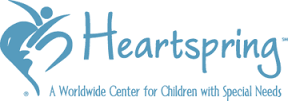| SAMHSA Webinar: National Prevention Week 2015
The Power of Social Media: Reaching the Prevention Community
April 9, 2015 | 11 a.m. Eastern Time
SAMHSA invites you to participate in a 1-hour webinar on how to use social media to promote your organization and National Prevention Week 2015.
The webinar, The Power of Social Media: Reaching the Prevention Community, will:
- Present communications trends and tools, and provide guidance on methods for effectively addressing the communication challenges of today.
- Provide techniques for how to promote and participate in online conversations about prevention and National Prevention Week, and include case studies on how organizations are already using social media to discuss prevention.
- Help organizations leverage digital tools to ensure that more individuals and communities alike are promoting the importance of prevention and helping people lead healthy, productive lives in their communities.
Presenters: Kaitlin Abell, SAMHSA, and Aleena Hasnain, Edelman Public Relations Note: The webinar will be recorded and posted on the National Prevention Week website following the presentation.
How To Participate in the Webinar Register for the Webinar Join the Webinar Dial-In: 1-719-325-2073 / Passcode: 202-756-2428
Save the Date for Two Upcoming Webinars
“Happy Hour” Restrictions: From Theory to Practice
May 6, 2015 | 2 p.m. Eastern Time
Join SAMHSA in learning more about this environmental approach to reducing underage and high-risk drinking among college students through restrictions on low-price, high-volume drink specials.
Presenters: James Mosher, J.D., Alcohol Policy Specialist, and Ted Mahony, Chief, Massachusetts Alcoholic Beverages Control Commission
Responding to the Prescription Misuse Epidemic: Promising Prevention Programs and Useful Resources
May 20, 2015 | 2 p.m. Eastern Time
Join a National Prevention Week webinar on prescription misuse and addiction. The webinar will describe the relationship between prescription opiates and heroin, then discuss alternatives to opiates in treating acute and chronic pain. It will explain how to tell if you or someone you know might have an opiate problem. It will review the problems of prescription drugs in the workplace and dangers of sharing drugs at work. It will also discuss what employers are allowed to ask employees about their prescription use, including variations by occupation. It will then describe the youth “study drug” epidemic. The webinar will close with a review of promising prevention efforts focused on community-based prescription misuse and the fact sheets and tools available from SAMHSA to support them.
Presenters: Deborah Galvin, Ph.D., Division of Workplace Programs, SAMHSA; Georgia Karuntzos, Ph.D., Vice President, Research Triangle Institute; Sandra Lapham, M.D., Director, Behavioral Health Resource Center of the Southwest, Pacific Institute for Research & Evaluation; Ted Miller, Ph.D., Pacific Institute for Research & Evaluation and Director of SAMHSA’s Preventing Prescription Abuse in the Workplace Technical Assistance Center; and Christopher Ringwalt, Ph.D., University of North Carolina Injury Prevention Resource Center
Registration information will be sent at a later date.
National Prevention Week 2015 Is May 17–23
Daily Health Themes:
Monday, May 18: Prevention of Tobacco Use
Tuesday, May 19: Prevention of Underage Drinking and Alcohol Abuse
Wednesday, May 20: Prevention of Opioid and Prescription Drug Abuse
Thursday, May 21: Prevention of Illicit Drug Use and Youth Marijuana Use
Friday, May 22: Prevention of Suicide
Saturday, May 23: Promotion of Mental Health and Wellness |




